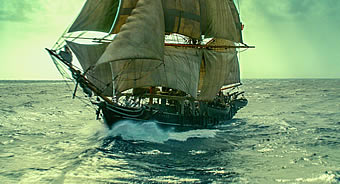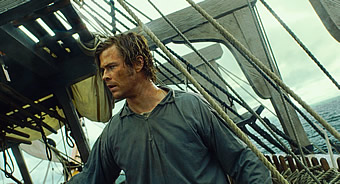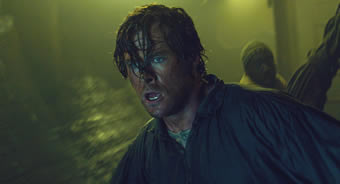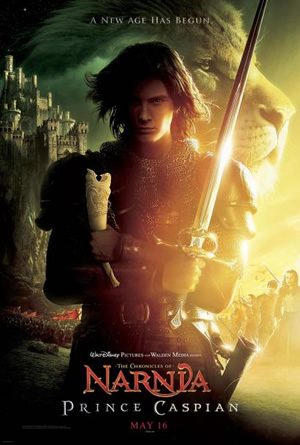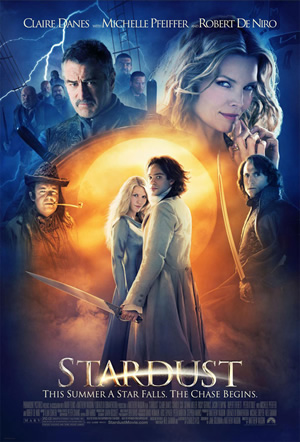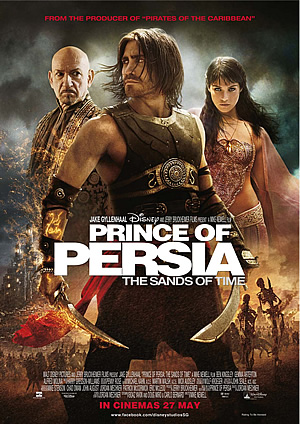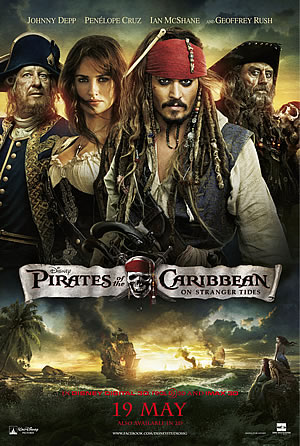IN THE HEART OF THE SEA (2015)
Genre: Action/Adventure
Director: Ron Howard
Cast: Chris Hemsworth, Cillian Murphy, Benjamin Walker, Ben Whishaw, Tom Holland, Frank Dillane, Jordi Molla, Michelle Fairley, Charlotte Riley, Paul Anderson, Brendan Gleeson
Runtime: 2 hrs 1 min
Rating: PG13 (Some Disturbing Scenes)
Released By: Golden Village Pictures
Official Website: http://www.intheheartoftheseamovie.com/
Opening Day: 3 December 2015
Synopsis: In the winter of 1820, the New England whaling ship Essex was assaulted by something no one could believe: a whale of mammoth size and will, and an almost human sense of vengeance. The real-life maritime disaster would inspire Herman Melville's Moby-Dick. But that told only half the story. "In the Heart of the Sea" reveals the encounter's harrowing aftermath, as the ship's surviving crew is pushed to their limits and forced to do the unthinkable to stay alive. Braving storms, starvation, panic and despair, the men will call into question their deepest beliefs, from the value of their lives to the morality of their trade, as their captain searches for direction on the open sea and his first mate still seeks to bring the great whale down.
Movie Review:
‘In the Heart of the Sea’ is not ‘Moby Dick’, as much as it did inspire Herman Melville to pen the American classic that fellow novelist Nathaniel Hawthorne would praise as the equivalent of ‘Homer’. Instead, it is based on Nathaniel Philbrick’s non-fiction book of the same name, which was itself drawn from real events surrounding the Nantucket whaling ship Essex that was allegedly sunk by a giant sperm whale in the western Pacific on November 20, 1820. Out of the 21 men who made it out alive, only eight eventually survived the ordeal in the open sea, and there are accounts from two – one, the ship’s first mate Owen Chase; and two, a 14-year-old cabin boy named Thomas Nickerson who waited 55 years to write his side of the story which ended up lost until 1980.
Even though young Melville’s (Ben Whishaw) interview with the truculent Nickerson (Brendan Gleeson) bookends the film, let it first be known that these scenes are in fact fiction, for there is no way that the real-life Melville could have access to Nickerson’s memoir, since the book ‘Moby Dick’ was published in 1851 (rather, it was rumoured that Melville had written the book after hearing the story of George Pollard Jr, who had been the captain of the Essex). Notwithstanding that it is a classical framing device for a tall tale, there is no denying that these portions are redundant and quite the unnecessary distraction in between critical points of the Essex’s doomed voyage, redeemed only somewhat by Gleeson’s performance of such dignity and sadness at the dire circumstances that he had to confront in order to survive on few provisions for 90 days.
It is Gleeson’s narration that brings us back to 1820 Nantucket, where we are first introduced to Chris Hemsworth’s Chase, a proud whaler excited at the prospect of commanding his own ship. Alas, its business owners who had before promised Owen his boat decide to make him nursemaid Pollard (Benjamin Walker), whose only qualification is that his father is the company’s patron. Despite his frustration and his wife’s (Charlotte Riley) reservations about that particular expedition, Owen eventually sets sail with George and the rest of the crew, which includes his best friend Matthew Joy (Cillian Murphy), the young Nickerson (Tom Holland, or soon-to-be ‘Spidey’), and George’s cousin Owen Coffin (Frank Dillane).
As expected, tension soon builds between the experienced first mate and the inexperienced but eager-to-prove-himself captain. In the first of three major action sequences, George orders the Essex to sail head on into a squall against Owen’s advice as a test of mettle for the crew, an ill decision that almost capsizes the ship and seemingly pits the two men squarely against each other. Thrilling as that setup may be, Charles Leavitt’s screenplay (working on a story credited to him and Rick Jaffa and Amanda Silver) gives the officer-versus-officer conflict short shrift in the later acts.
Losing no momentum, Owen soon chances upon the sound of whales exhaling air through their blowholes; how Owen and his men kill and capture a full-grown male is shown in exhilarating detail, as much as the later operation to harvest its fats for oil is displayed in full gory glory (especially a sequence where the young Nickerson is thrust down a hole in the whale’s head to scoop out the prized sperm oil). Yet, bad luck immediately after forces George to bring the Essex into uncharted waters to hunt for pods, and the last of the big-bang sequences you’ll get is the encounter with the big one, described by a Spanish captain the crew meet on a stopover at Atacames who lost his arm and six other men as measuring almost 100 metres in length and whose hide is alabaster white.
Howard and cinematographer Anthony Dod Mantle do not disappoint; that single encounter is single-handedly the highlight of the entire film, edge-of-your-seat gripping, breathtakingly staged, and enough to silence the hubris of any man who thinks he is superior to Mother Nature’s creations. It ends with the Essex in flames and the surviving crewmen in three whaleboats, and so begins a much more sombre and deliberately paced final act which chronicles the harrowing aftermath, with the men forced to brave storms, starvation, panic and despair. It is here that we find out just what has been disturbing Nickerson all these years – when staring starvation in the face, the men would be forced to eat their dead shipmates or draw lots for one of them to be sacrificed; though, not to worry, Howard ain’t Eli Roth, so instead of showing these scenes of cannibalism, he gets Gleeson to narrate the details.
Hemsworth’s dramatic weight loss to play a sunken Owen is clearly evident, as is the dedication by the other cast members to portray their characters’ afflictions with utmost realism. Yet, coming after films such as ‘Castaway’ or even ‘Life of Pi’, we’d be lying if we said it was new or surprising. Both of those movies however managed a deeper emotional resonance because they gave us characters which we actually care about, the same of which cannot be said of Owen or George or any of their crewmen – and yes, that includes Nickerson. Owen’s obsession with the giant whale that seems to be following them is never quite explained, nor for the matter why the animal shown to evoke some sort of mythical terror would do so. How the friction between Owen and George gives way to mutual respect is also glossed over, and the same goes for the discord between George and his cousin whom the former lectures earlier for abusing familial privilege.
In the absence of more compelling character drama, all we are left with is an old-fashioned seafaring adventure and an ageless tale of men forced to do the unthinkable in order to survive the odds of nature. Being the consummate storyteller he is, Howard excels in both regards, and there is never a dull moment in his film. Yet, as much as this story of ordinary men pitted against their own moral fiber fits squarely within Howard’s oeuvre, it ultimately comes up much less because it fails to define the men themselves, or their raison d’etre for going at each other. Ironically, ‘In the Heart of the Sea’ could do with a lot more heart at its core, seeing as how it wants to be more, much more, than just the battle with the whale that was ‘Moby Dick’.
Movie Rating:




(A handsomely old-fashioned sea-faring yarn that could do with a lot more character work, Ron Howard’s Man-versus-Nature saga finds its own heart somewhat lost at sea)
Review by Gabriel Chong
You might also like:
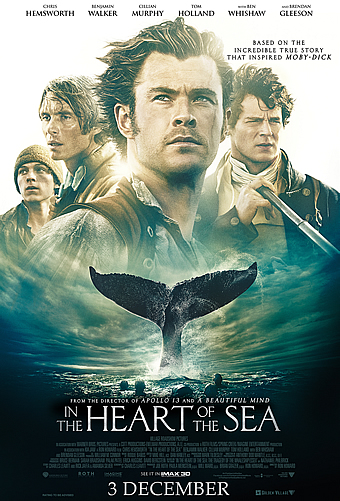
Movie Stills
